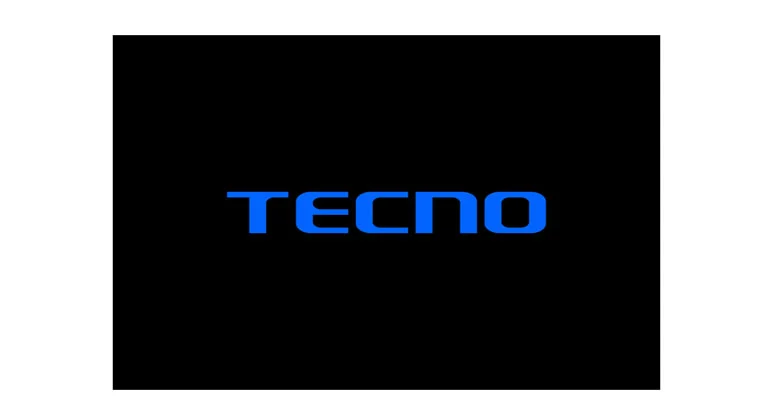EU Accepts AliExpress’ Commitments to Curb Illegal and Harmful Online Content
The European Commission has officially accepted a series of binding commitments from AliExpress, the global e-commerce platform owned by Alibaba Group, aimed at tackling the spread of illegal, harmful, and pornographic content on its platform.
This development follows a March 2025 investigation launched by the EU executive body, which accused AliExpress of failing to adequately police its platform. The alleged failure exposed the company to potentially hefty fines under the Digital Services Act (DSA).
AliExpress Commitments Now Legally Binding in the EU
On Wednesday, the Commission stated that it had made AliExpress’ commitments legally binding, following concerns over the platform’s inability to prevent the sale of:
- Illegal medicines
- Banned food supplements
- Pornographic and adult content
The commitments also include increased transparency in advertising and recommender algorithms and stronger trader traceability on the platform, critical elements under the EU’s DSA compliance framework.
“We have proactively engaged and closely collaborated with the European Commission throughout this process from the outset,” AliExpress said in a statement. “We are confident that a positive and compliant result will be achieved through continuing our mutual dialogue.”
Potential Penalties Still on the Table for AliExpress
Despite accepting the commitments, the European Commission warned that AliExpress may still face penalties, citing the company’s prior underestimation of risk and its failure to consistently enforce penalties against traders posting illegal content.
AliExpress has the right to respond to the Commission’s preliminary findings, which remain open to further review.
The EU’s investigation aligns with its broader push to enforce digital accountability among Very Large Online Platforms (VLOPs), particularly under the Digital Services Act, which mandates proactive content moderation and enhanced user protections.
What the Commitments Cover:
- Improved Detection Systems:
Enhanced algorithms and moderation tools to detect and block illegal products, including drugs, supplements, and adult content. - Trader Transparency:
Better systems to identify and trace third-party sellers, ensuring accountability and compliance with EU laws. - Recommender System Oversight:
Greater transparency into how recommendation engines suggest products to users, preventing the spread of banned or harmful items. - Ad Transparency:
Clearer advertising practices, helping users differentiate between organic results and sponsored listings.
AliExpress and EU Digital Regulation: A Turning Point
This case marks a milestone in EU digital regulation enforcement, with AliExpress becoming one of the first Asian-based platforms to enter binding agreements under the Digital Services Act.
The move may influence other global e-commerce giants operating within the EU, pushing for stricter compliance measures and more proactive content moderation systems to avoid penalties and reputational damage.
Key Takeaways:
- The European Commission has accepted and made binding AliExpress’ commitments to fight illegal online content.
- Commitments cover illegal medicines, supplements, and adult material, as well as platform transparency improvements.
- AliExpress still faces potential fines for past enforcement lapses.
- This case is part of a wider EU effort to regulate digital platforms under the Digital Services Act (DSA).
- AliExpress has pledged ongoing cooperation with EU regulators to reach a fully compliant outcome.












